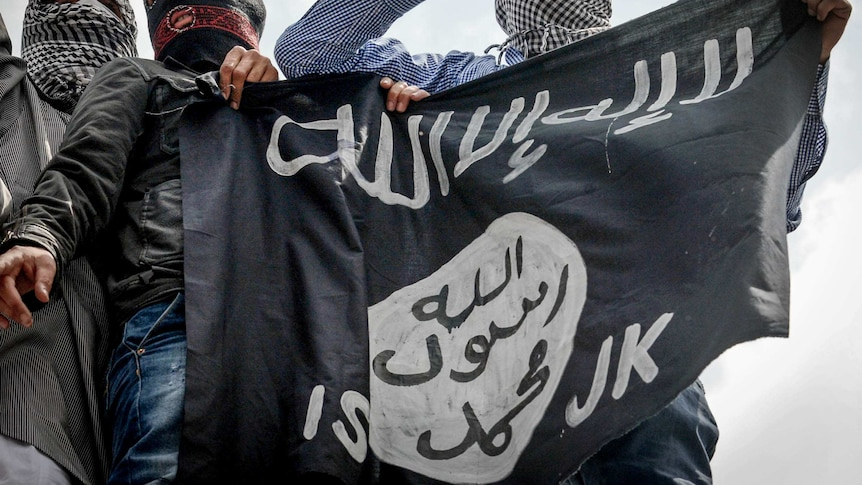A Dangerous Ultimatum
DIDPress: In a recent op-ed for the Friday Times, Mohsin Dawar, leader of Pakistan’s National Democratic Movement, revealed that a jirga (tribal council) was convened in Miranshah this week in which locals were given an ultimatum: either stop giving refuge to the Tehreek-e-Taliban Pakistan (TTP), or face a military operation. This is a bizarre turn of events that the region which has suffered the most from Pakistan’s reckless Afghan policy, is now being offered a solution so absurd.

Let us be clear, the TTP and the occupying forces of the Islamic Emirate of Afghanistan are not two separate entities. They are ideologically aligned and operationally connected. During the time of the Republic of Afghanistan, there was active suppression of the Taliban, which kept their operations in check. But after the fall of Kabul, that dynamic has changed. Maulvi Faqir Mohammed, a senior TTP commander released by the Taliban—alongside hundreds of others—the day after the Fall of Kabul, also declared that since Afghanistan was now under Shariah law, Pakistan must follow.
Today, the Taliban have their own state. If an operation is launched in North Waziristan, TTP fighters will simply retreat to Afghanistan, something they have done time and again. The Afghan Taliban, long appeased by Pakistan’s governments—from Imran Khan’s infamous statement praising their “breaking of the shackles of slavery,” to the current diplomatic visits by Foreign Minister Ishaq Dar—are unlikely to intervene. [Afghanistan’s caretaker government has repeatedly vowed that no threats emanate from its soil and that Pakistan’s security is an internal issue].
The Taliban simply could not have taken over Afghanistan without external support when the Pakistani state provided a safe sanctuary to Taliban fighters since 9/11, and Pakistan’s recent diplomatic overtures only reinforce their legitimacy. In this context, asking Pakistani citizens to fight terrorism is not only impractical but very dangerous.
After Operation Zarb-e-Azb, the people of North Waziristan demonstrated time and again against the resurgence of Taliban. Their protests were brave and persistent, but largely ignored. Telling these Pakistani citizens that they are providing the Taliban a safe haven is an absurd statement, given the countless loss of lives and the decimation of the local economy.
Additionally, the Taliban now roam not just in North Waziristan, but also in Lakki Marwat, Bannu, Tank, DI Khan, Karak, South Waziristan, and several other districts of Khyber Pakhtunkhwa. Targeting one district is, at best, bad intelligence, and at worst, a hostile policy. Even if an operation is launched where the agenda is eliminating terrorism (which we doubt, keeping in view previous policies of the Pakistani state which were furthered by the shambolic Doha deal) this threat will imminently spread beyond Khyber Pakhtunkhwa.
The Afghan Taliban’s presence in Pakistan is also not limited to fighters. Their businesses, families, and leaders remain here. Therefore, while they know that their rule in Afghanistan is precarious, Pakistan’s continued appeasement offers them a more stable base.
In more grave news, the formation of a committee to revive the jirga system in former FATA can only be seen as an abject failure of the state in providing Pakistan’s judicial system to its citizens in ex-FATA.
The reason for the merger was so that residents of ex-FATA can benefit from the inalienable rights given to them by the Constitution of Pakistan, but by reviving the jirga system, not only will this undermine Pakistan’s Constitution in former FATA, but is also a direct rejection by the state itself of Pakistan’s judicial procedures.
In the years since the FATA merger, barely any focus has been given to developing the governance and judicial system of Pakistan in the area, and hence, the landmark merger of FATA with the federation of Pakistan faces an existential threat.
With the formation of this jirga committee, there is another undeniable stench that is emanating. This is the reversal of the promises made by removing the Frontier Crimes Regulation (FCR), a brutal colonial-era law that meted collective punishment to entire towns and villages, as if the entire population of an area is to be reprimanded because of the deeds of a few. This is exactly the case being presented in Miranshah.
What is astounding is that the Taliban have similarly demanded that the FATA merger be ended, and that they rule over ex-FATA with impunity. General Faiz in his talks with the Taliban then hinted at a petition in the Supreme Court to undo the FATA merger. The making of this committee gives the same stench.
Pakistan will only become safer when it takes a serious and principled stance against both the Afghan Taliban and their Pakistani affiliates as a whole. Until then, scapegoating citizens, reviving the jirga, and launching selective operations will not bring peace, it will only prolong the chaos.